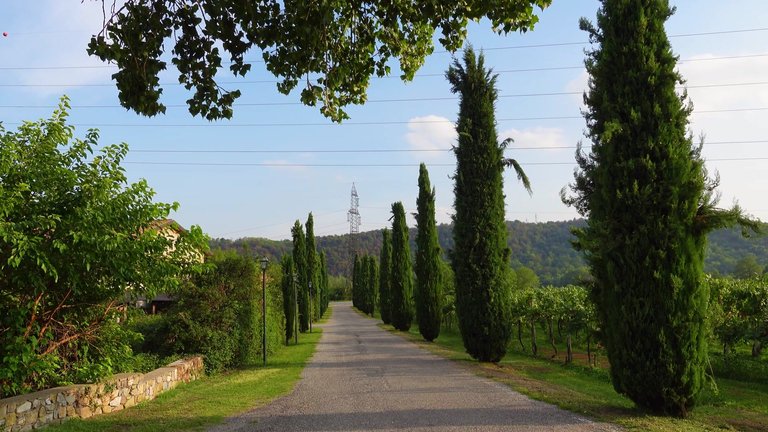
Hello friends. Today, I want to take you on a cycling journey through the vineyards of Franciacorta. The first town on my route is Paderno Franciacorta. I began my little adventure from the Church of Saint Pancras nearby. I love attention to detail. Even the parking lot near the church isn’t a standard metal one but has a rather unusual design. As they say in The Wizard of Oz, Follow the yellow brick road? Well, my path was red. Of course, I’m always ready to trade comfortable bike paths for beautiful sights.
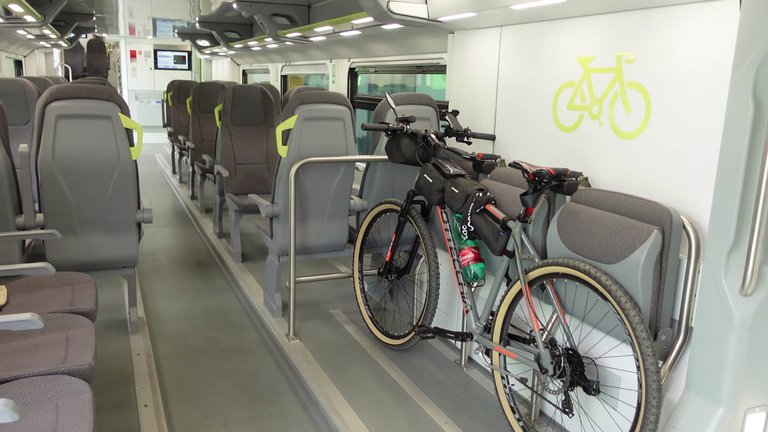
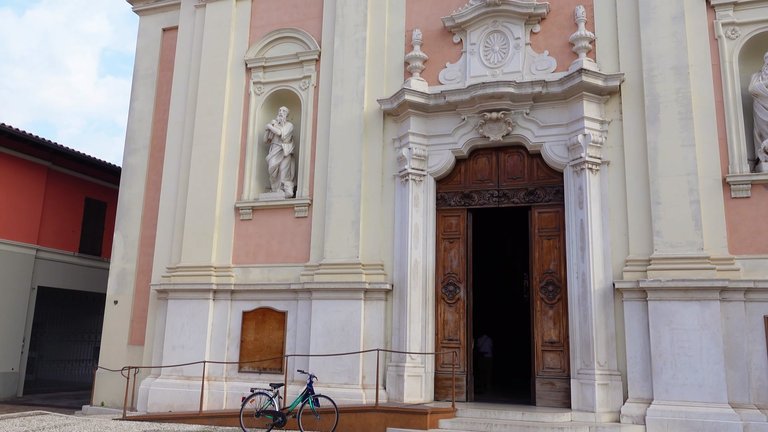
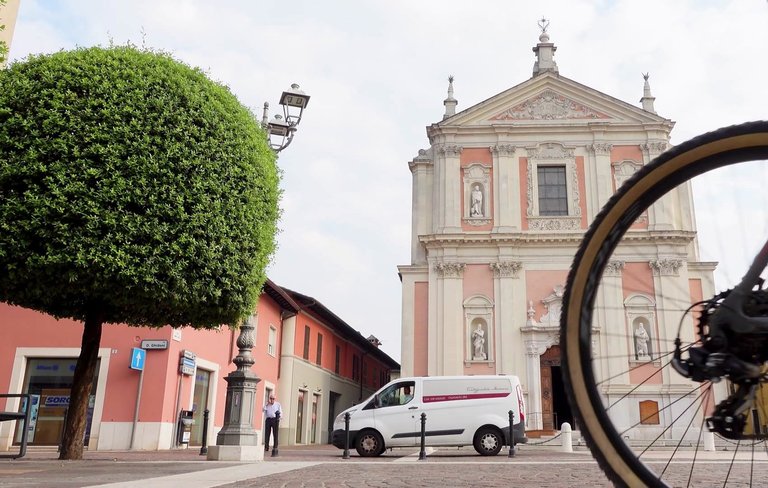
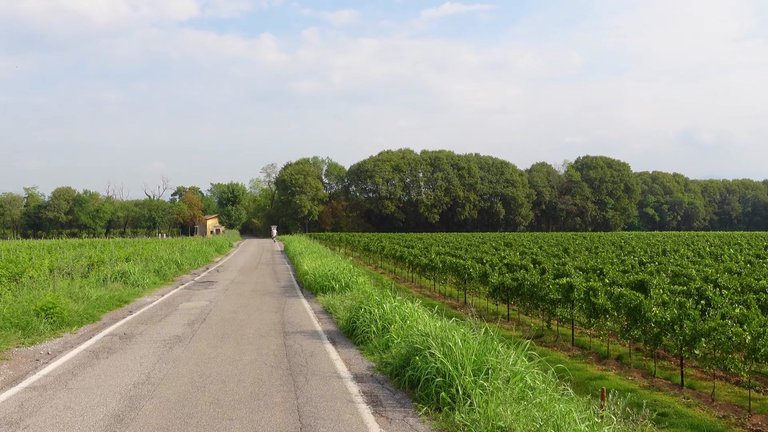
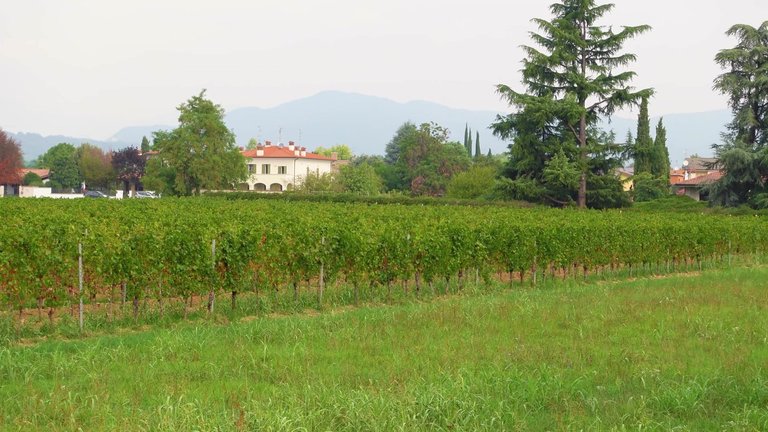
I can continue riding over stones or grass if needed. The historical center of the village features a Gothic-windowed stone castle and a small 16th century church built into the walls. From the open square you can appreciate the size of the town’s historic fortress. Ancient settlements were so compact. In this field the grapes had already been harvested, leaving only a few forgotten clusters behind. These remaining bunches were tiny but surprisingly sweet.
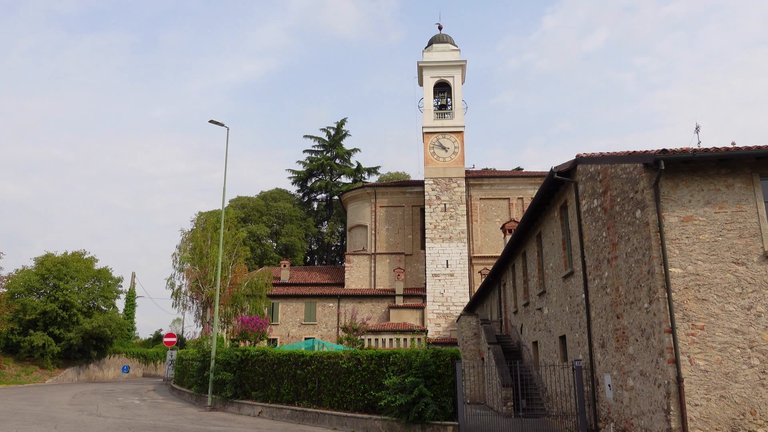
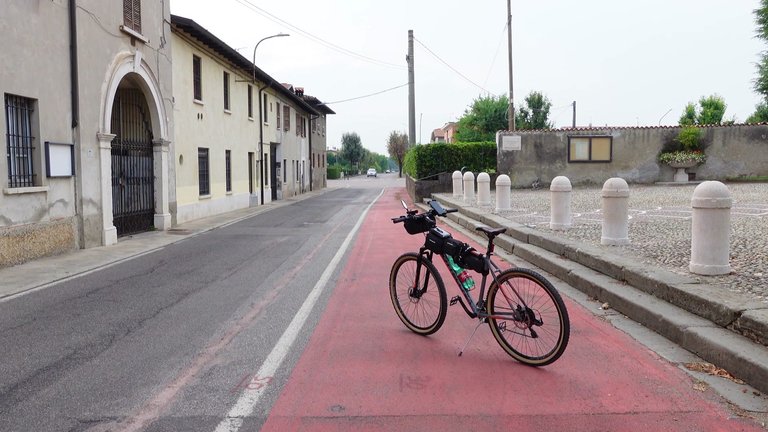
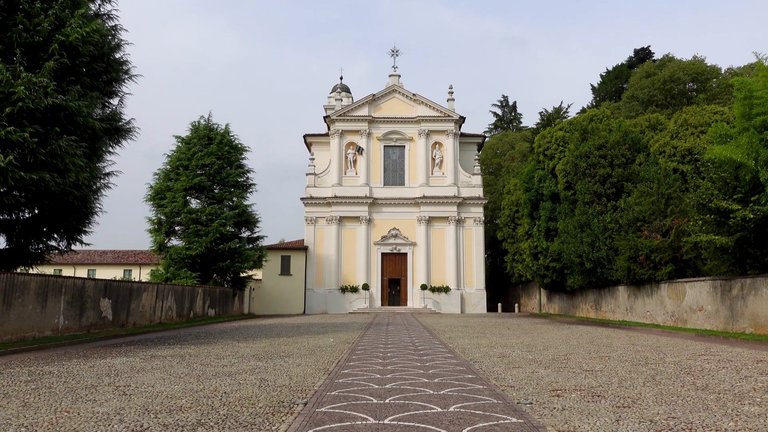


Wine production has been known in this region since ancient times. Even the Celts cultivated grapes here. Later during the Middle Ages, Benedictine monks settled in the area, enjoying special privileges like tax exemptions. The name of the modern Franciacorta region derives from the names of their settlements. However, this area gained fame and popularity relatively recently particularly from the 1960s onward.
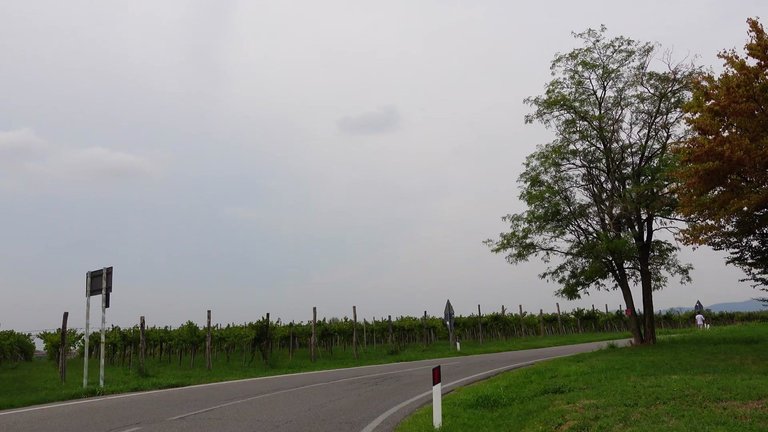
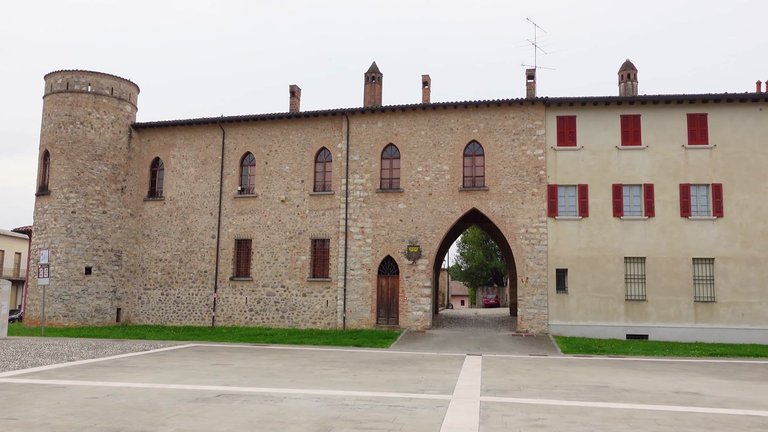

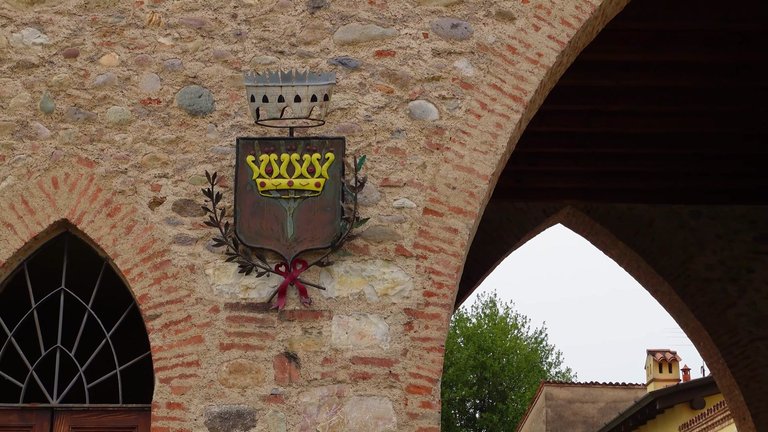
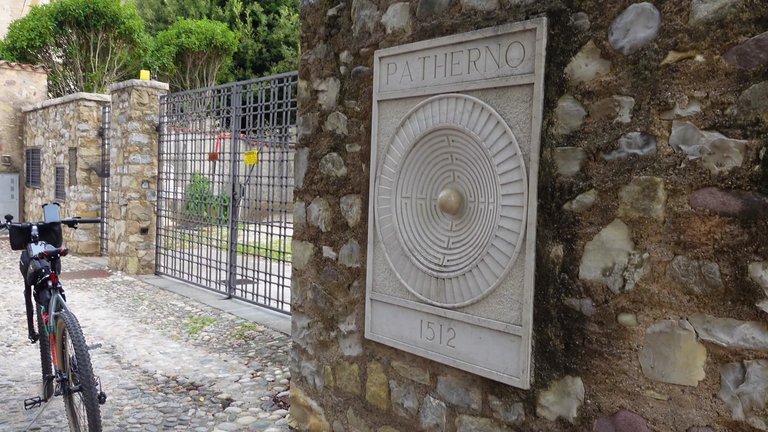
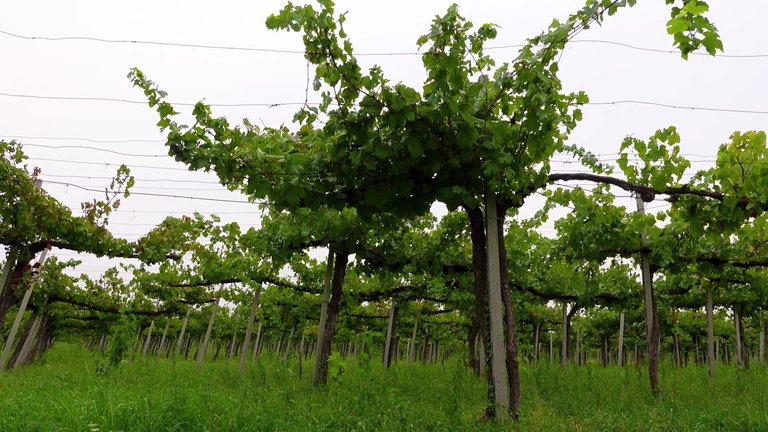
Some compare the wines of this region to French champagne. But many Italians believe that Franciacorta is far superior. While most Italian sparkling wines are called spumante, Franciacorta wines are specifically referred to as bollicine. Franciacorta is a relatively small hilly area covering only 18.000 hectares, with 1.500 hectares belonging to 200 different producers. Geologically, this land was shaped by a massive glacier descending from the Valcamonica valley, creating fertile soil rich in minerals that allowed viticulture to thrive so actively in the region.
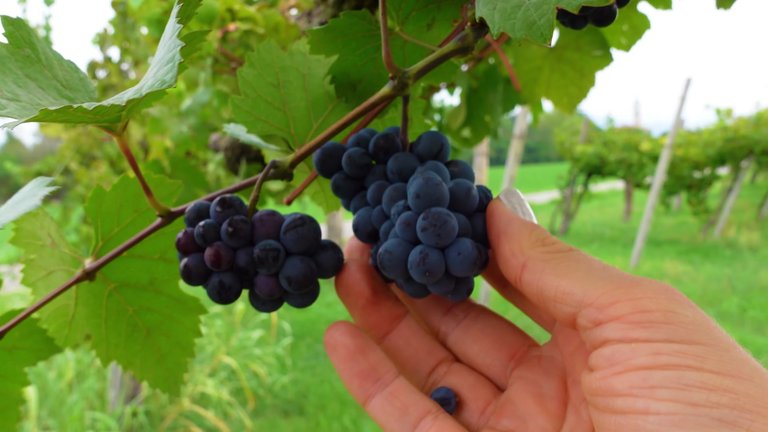
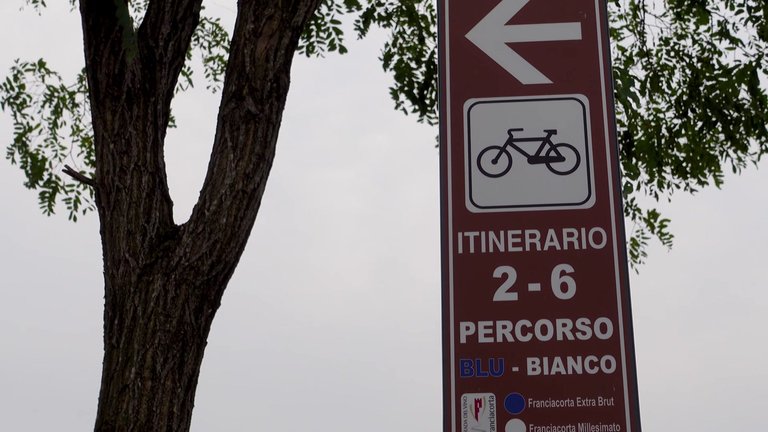
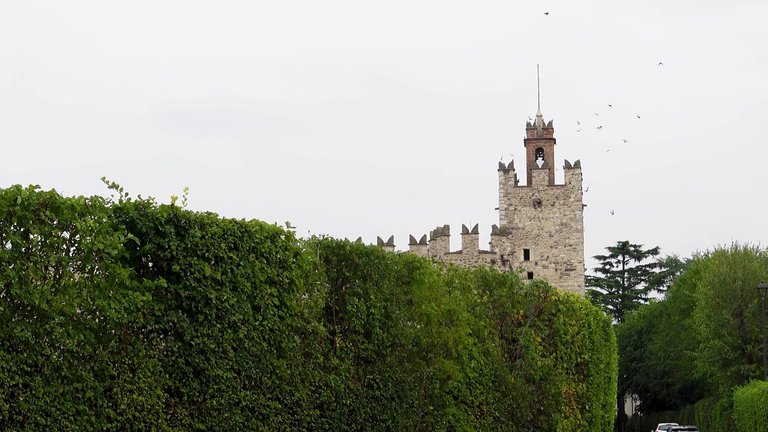
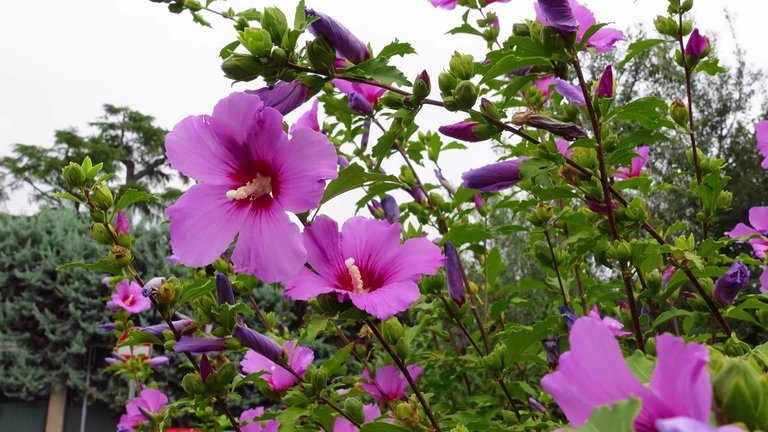

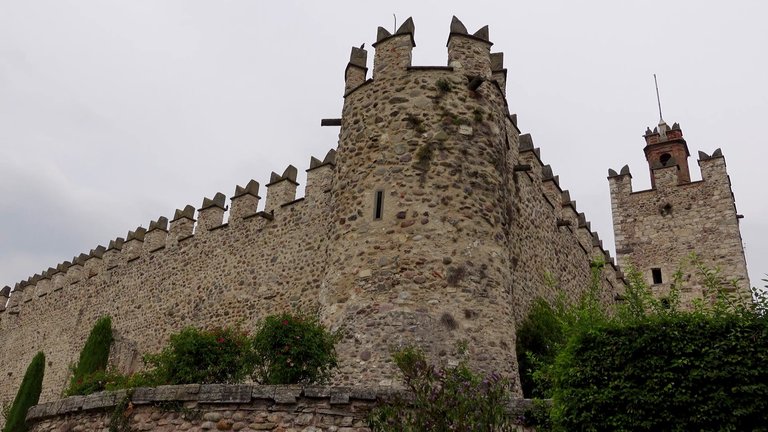
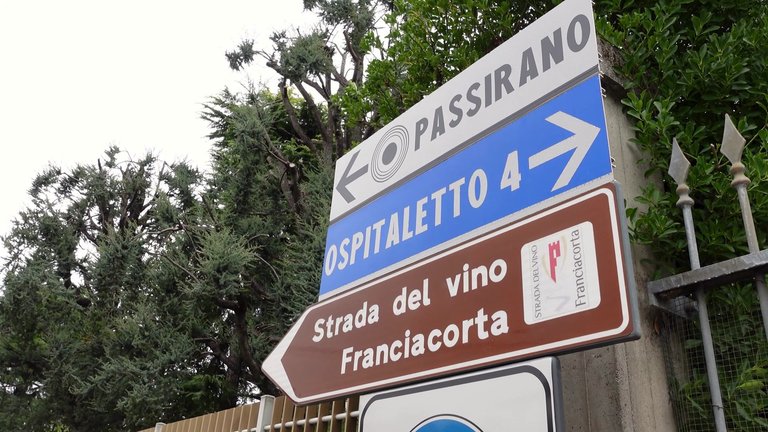
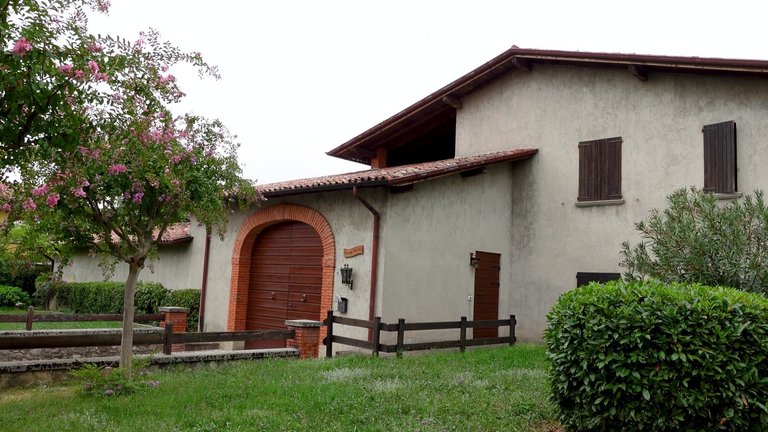
For travelers like me circular bike routes in various colors have been designed organized according to the types of wines produced in the area. For example, I started on the white route, where grapes for Franciacorta millesimato are typically grown. Franciacorta also boasts many beautiful old castles, which can be rented for large events or weddings. Take, for instance, the 11th century Passirano Castle. The climate here is ideal for vineyards: summers are hot and winters are relatively mild compared to other Alpine regions. Winds blowing from the mountains and Lake Iseo provide ventilation, preventing fog from lingering too long. Fog and high humidity promote diseases and pests harmful to vines. The Franciacorta region holds the highest wine designation status and is marked with the DOCG label.
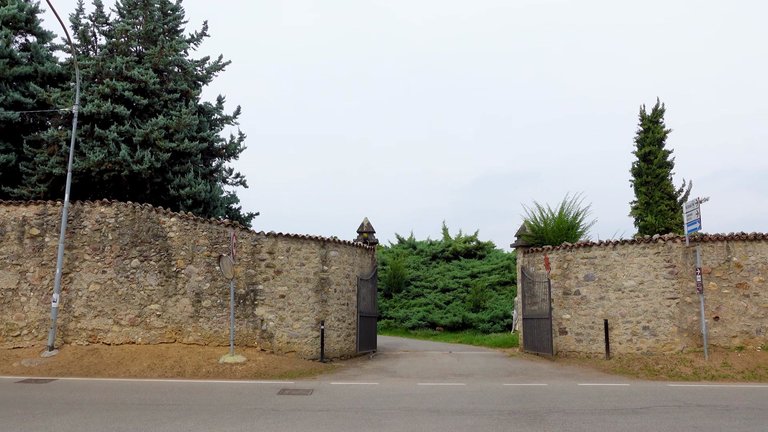
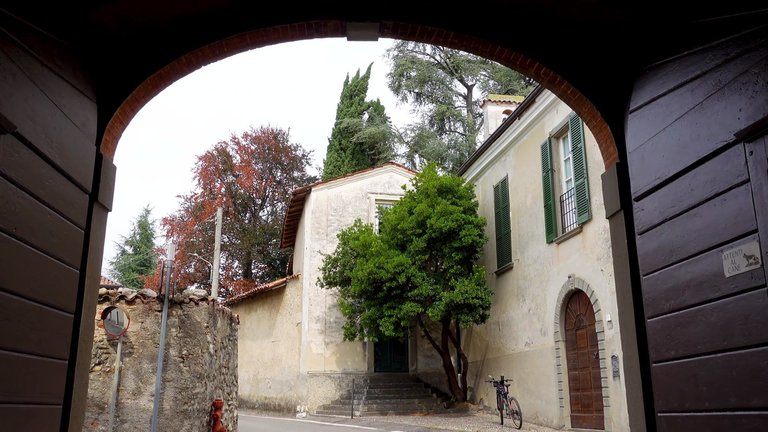
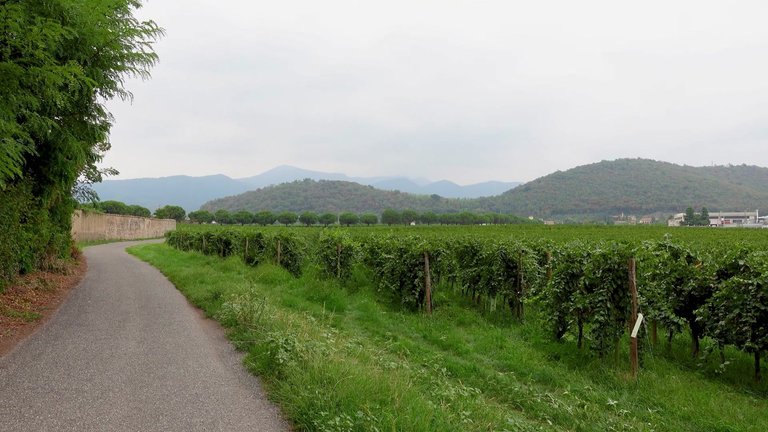
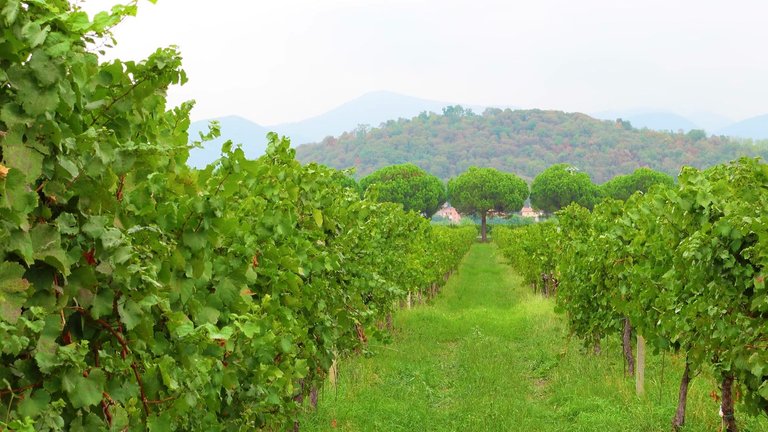
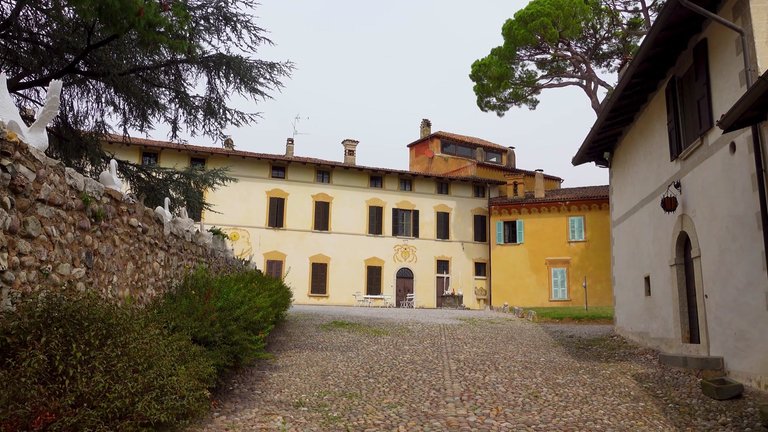
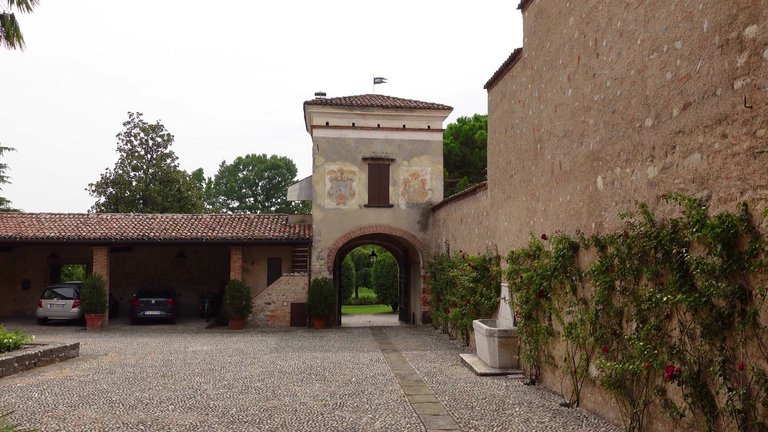
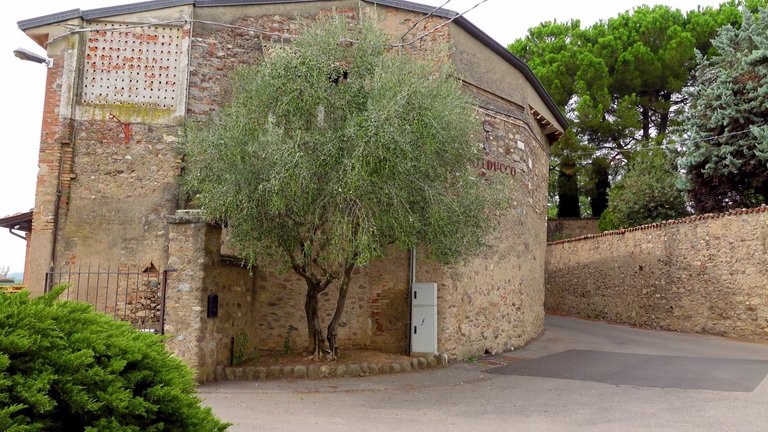
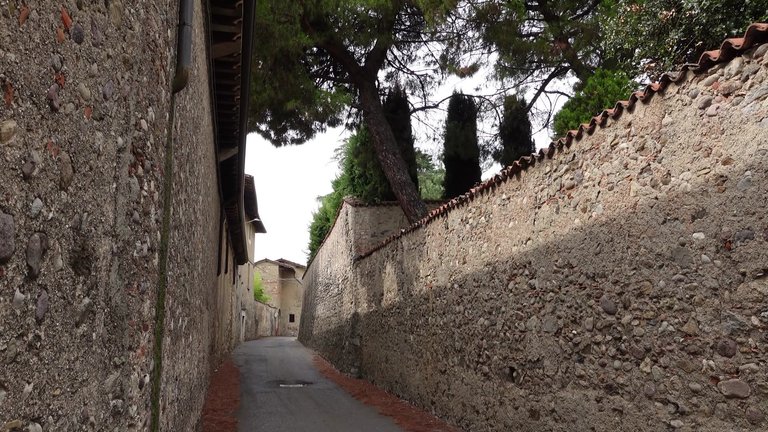
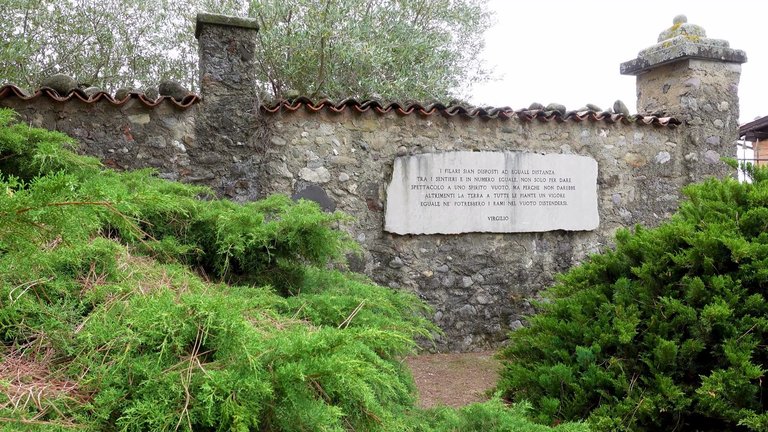
According to these requirements, several conditions must be met in Franciacorta vineyards: for example, vineyards should not be planted above 500 meters in altitude and yields must not exceed 10 tons per hectare. And all grapes are handpicked and secondary fermentation of bottled wine cannot begin before February of the year following the harvest. To visit wineries and participate in tastings, it's essential to plan ahead and make reservations, as you might otherwise find closed doors. In 1429 Francesco Foscari, the Doge of the Venetian Republic, designated this region as a wine-producing area because, at that time, these lands were entirely under Venetian control.
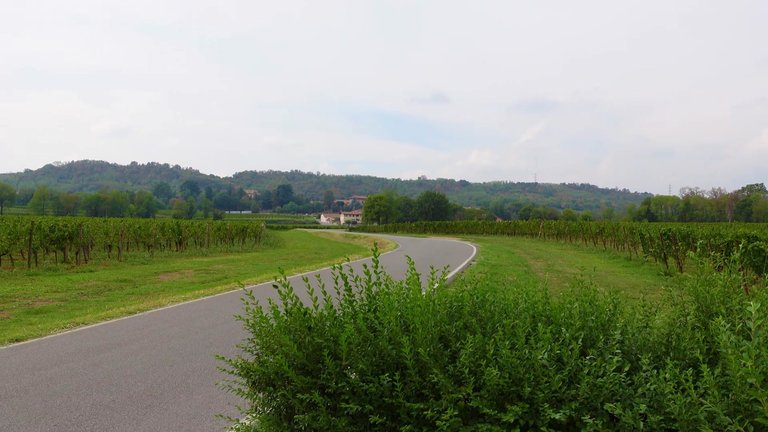
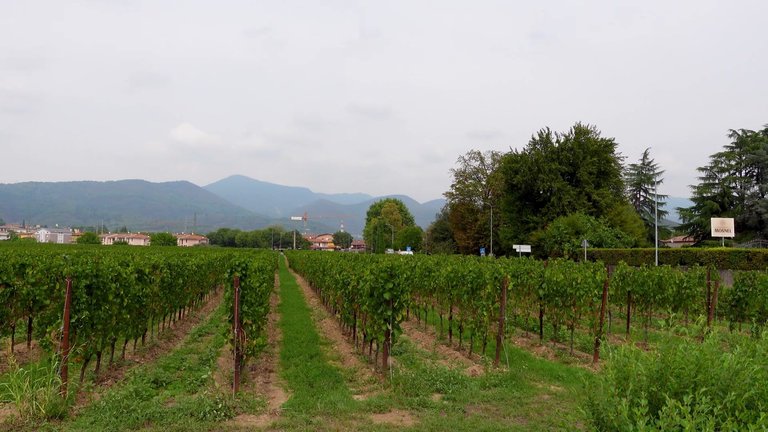
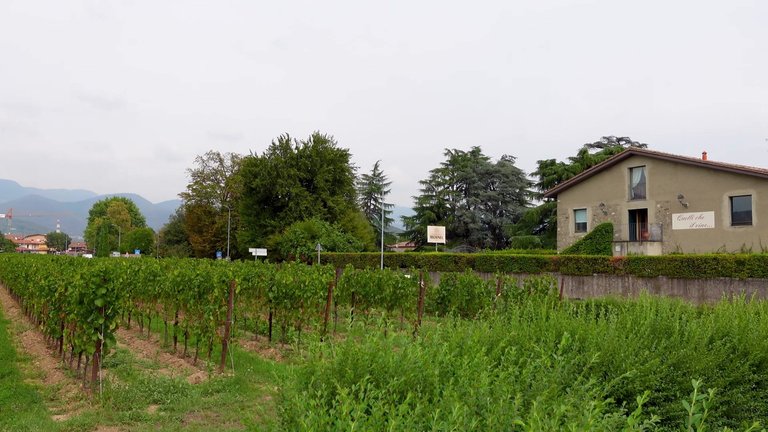
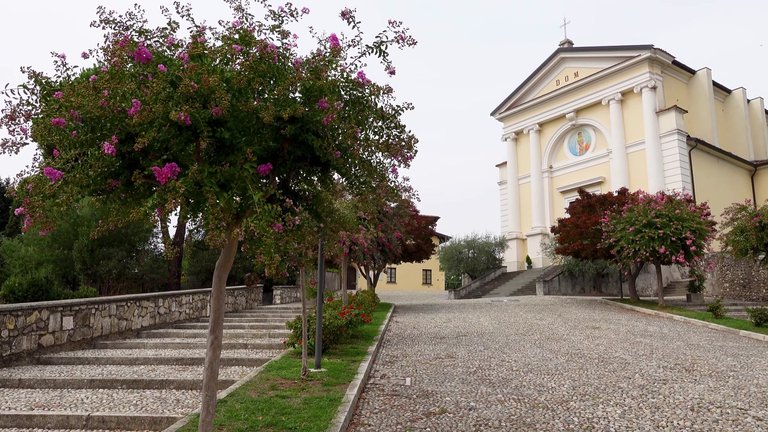
Between Franciacorta and Lake Iseo lies the Sebino Turba Reserve, a protected nature area with a wide variety of flora and fauna, including rare or endangered species. Thus the region is significant not just for Lombardy but for all of Italy. Marshlands and ponds form a single ecosystem.
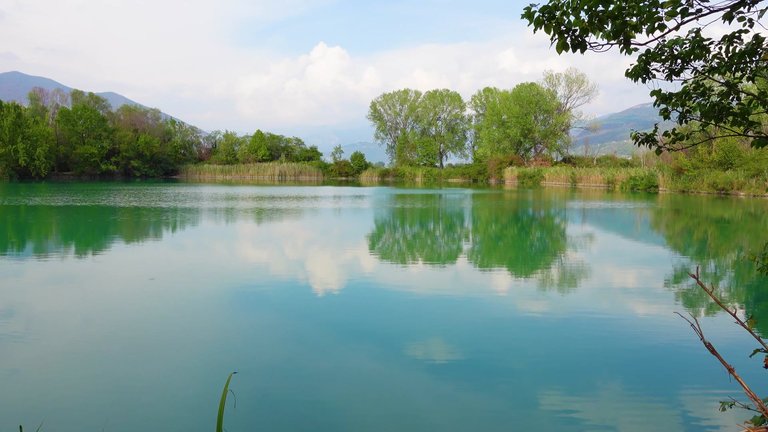
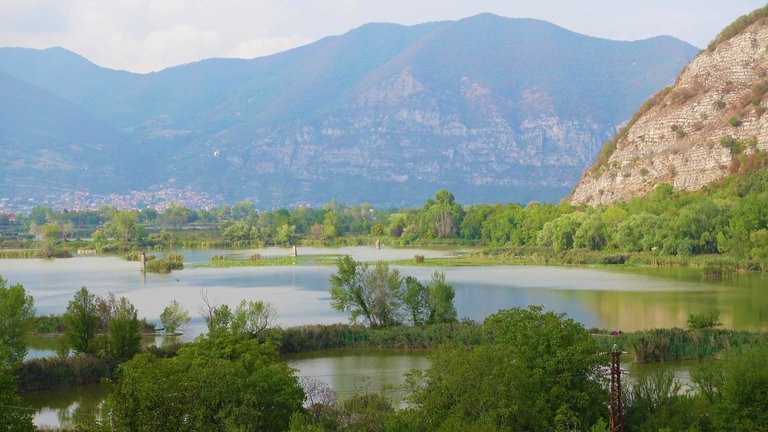
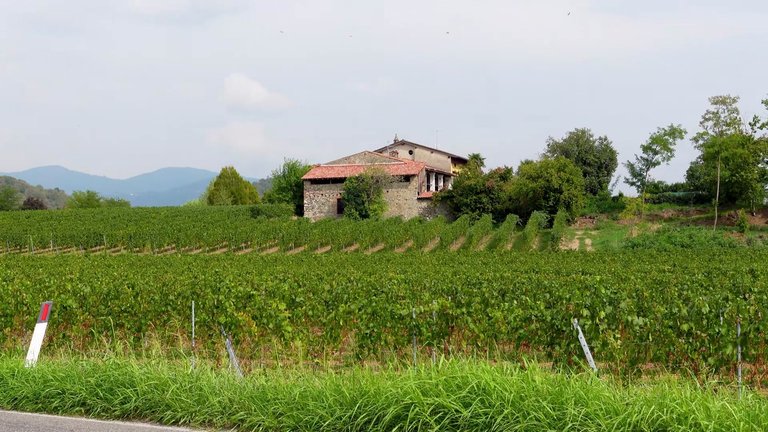
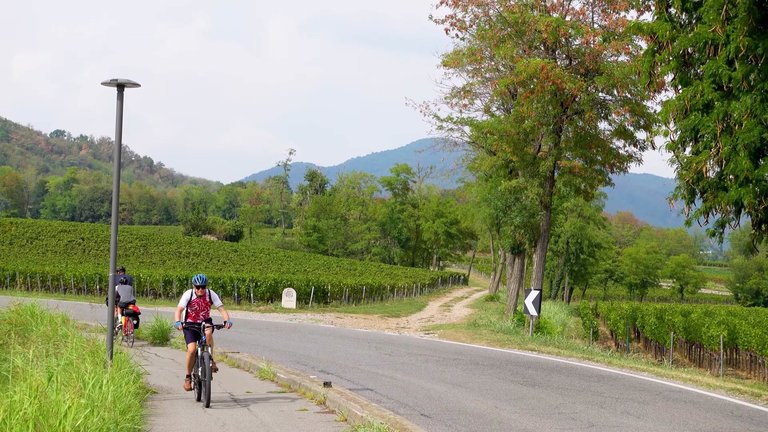
I felt that I would return here many times, both by bike and on foot. I thought the monastery was closed, but it was still open, just with its entrance on the opposite side. And there was a small settlement dating back to the 15th century, formed around a mill. The mill itself is mentioned in earlier records, with the first documents going back to the 12th century. Here stands the Olivian Saint Nicholas Monastery.
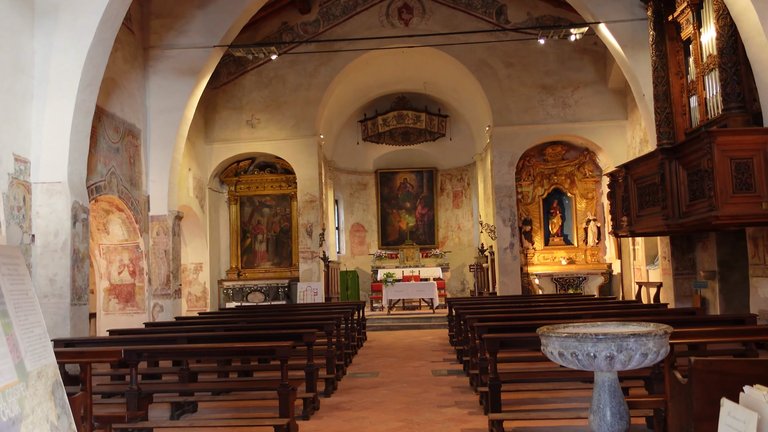
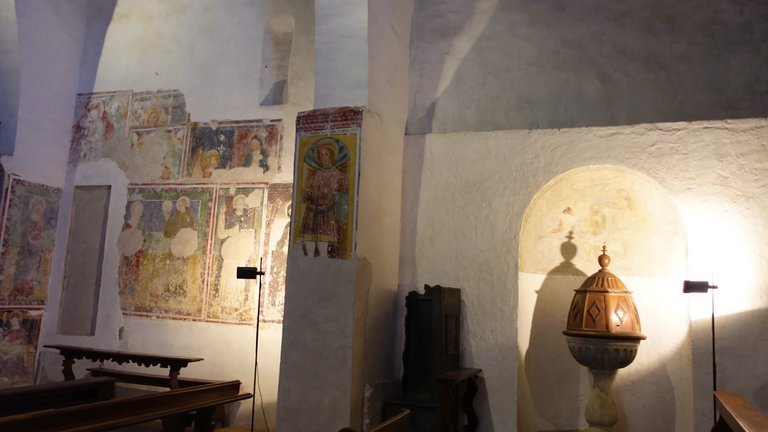
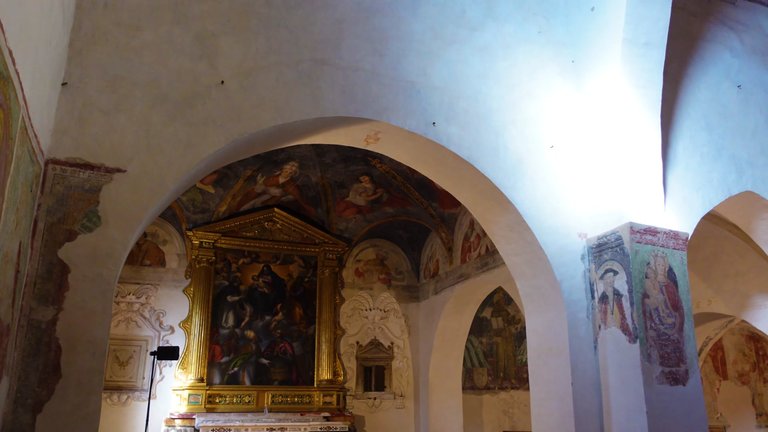
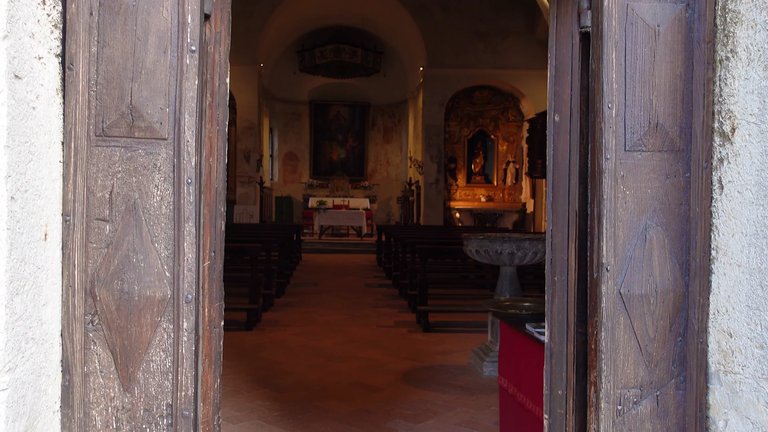

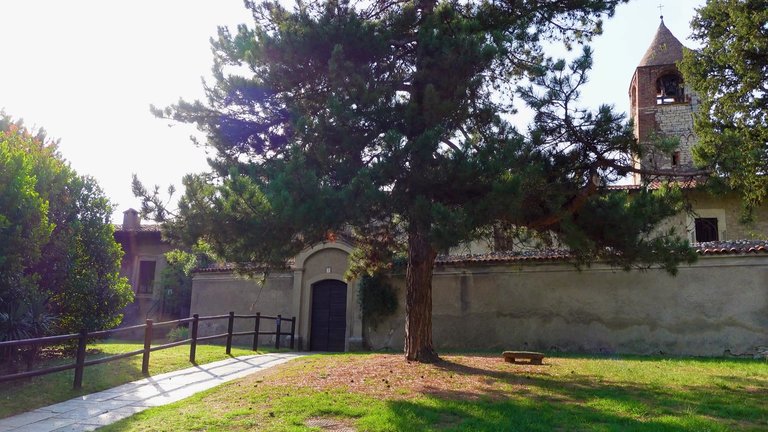
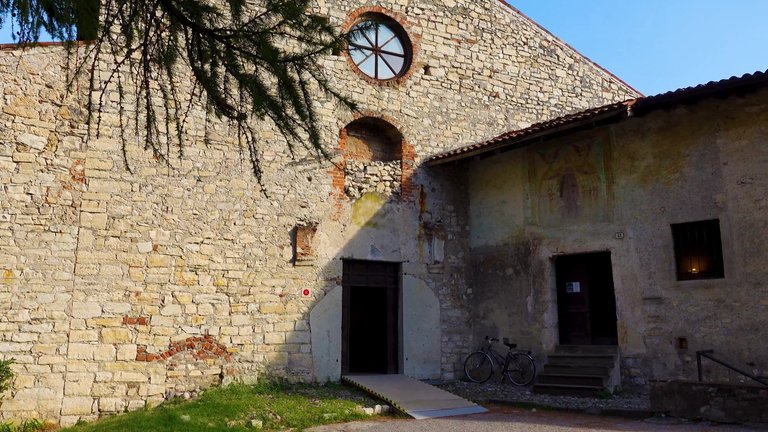
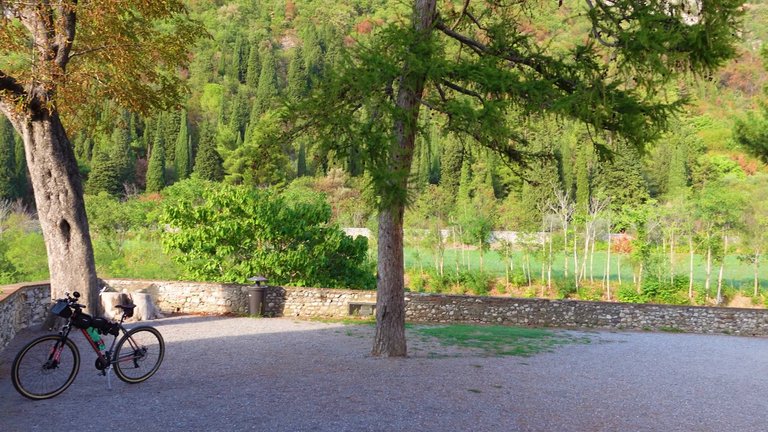

The construction of the monastery dates back to the mid-11th century, but after its glorious period, like many monasteries, it fell into ruin and was nearly forgotten. It wasn’t until the second half of the 20th century that the monastery was fully restored and returned to the faithful.



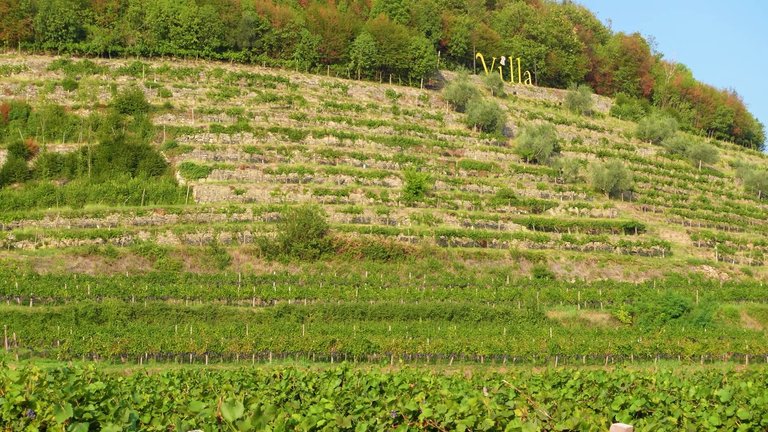
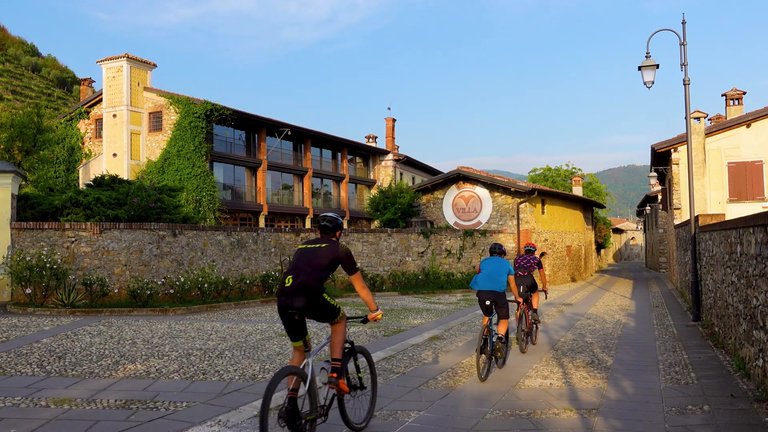
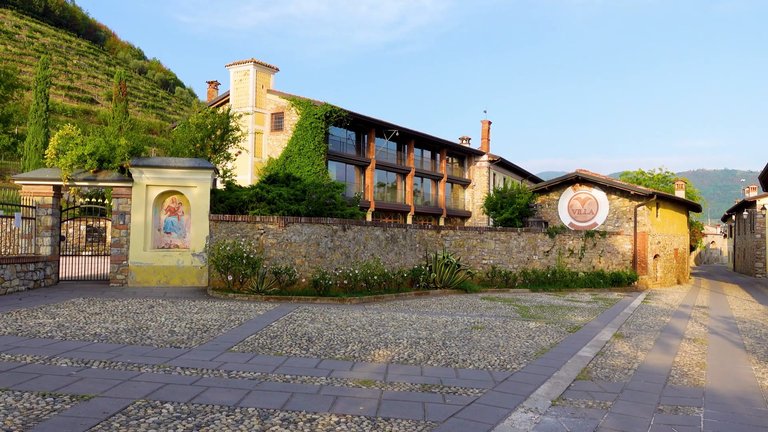
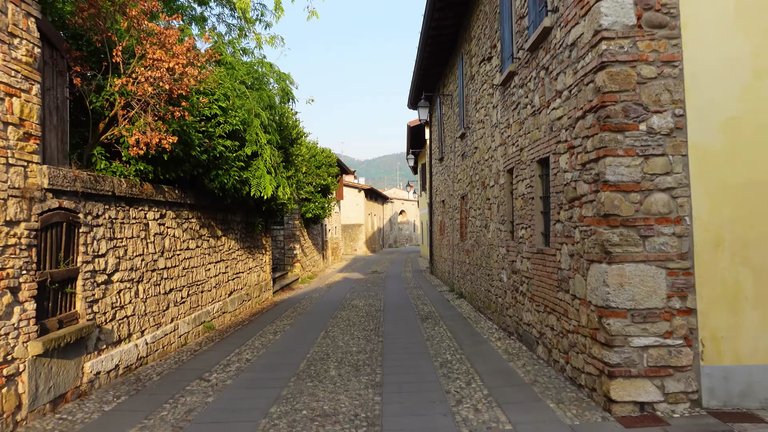
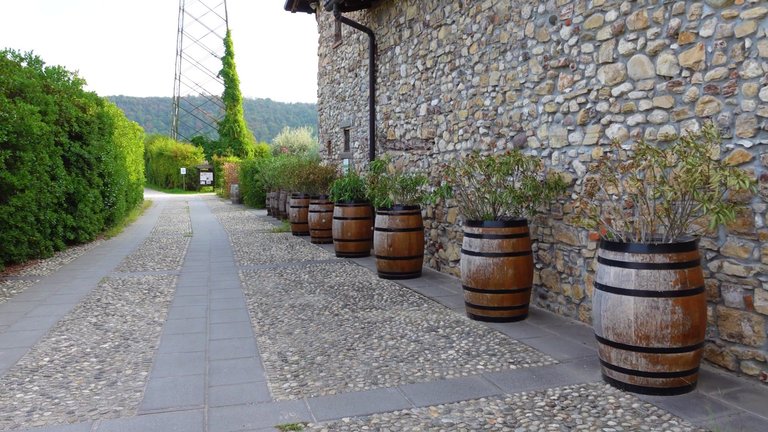
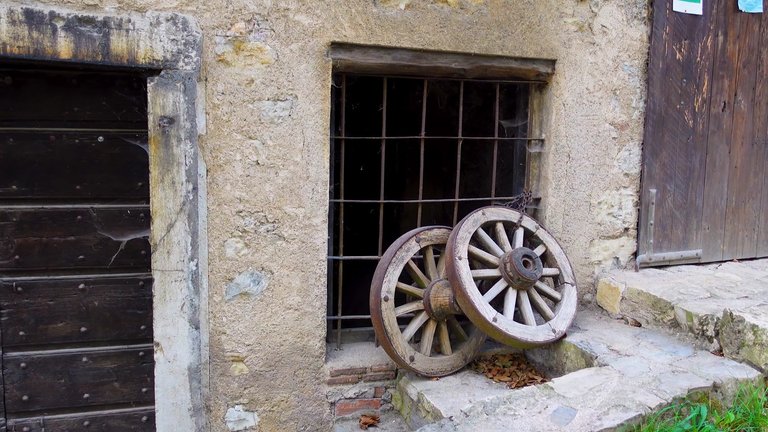
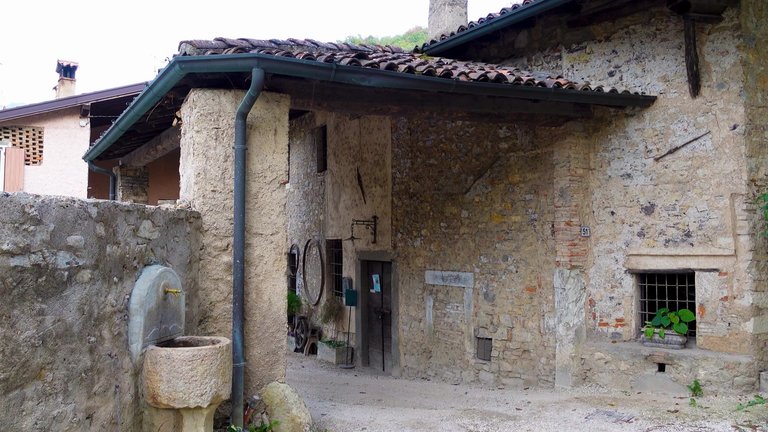
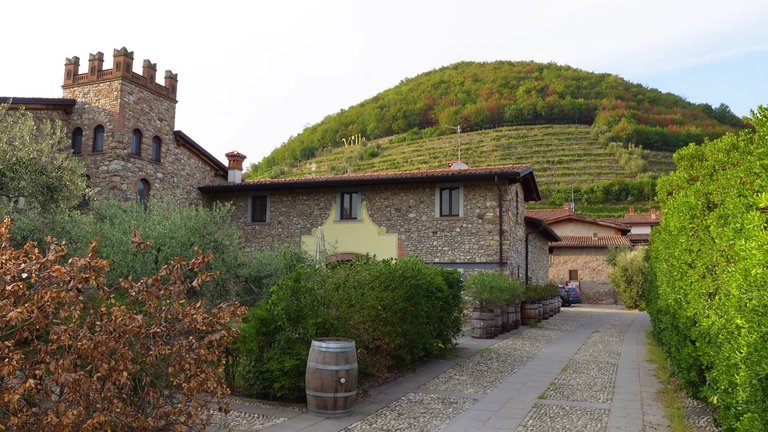
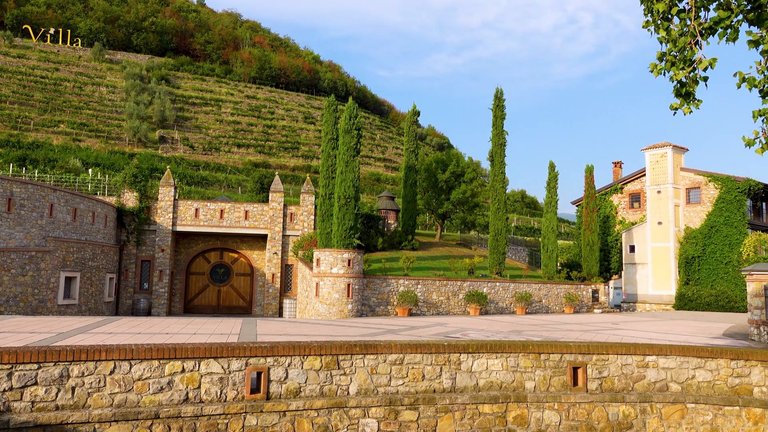
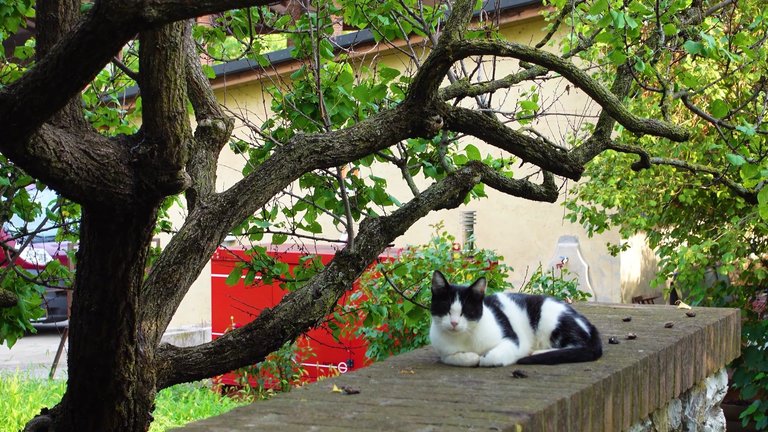

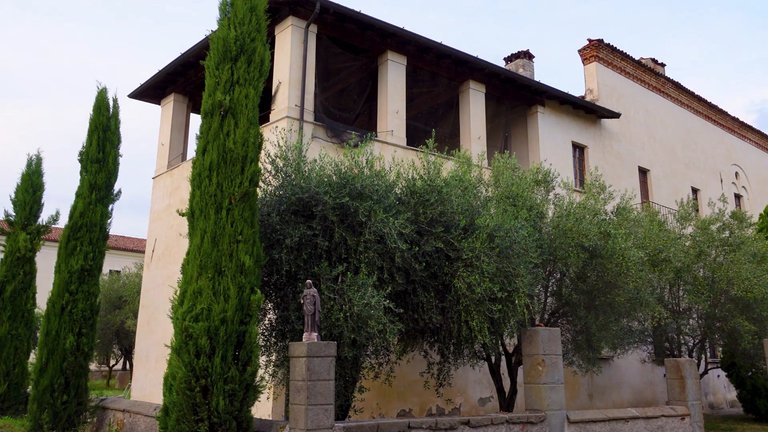
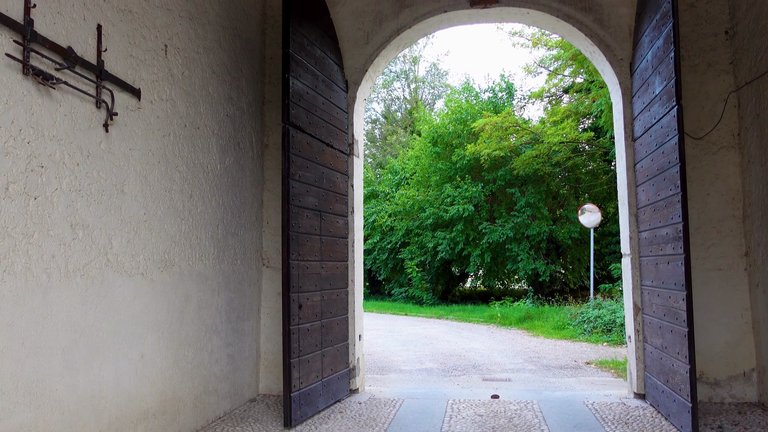
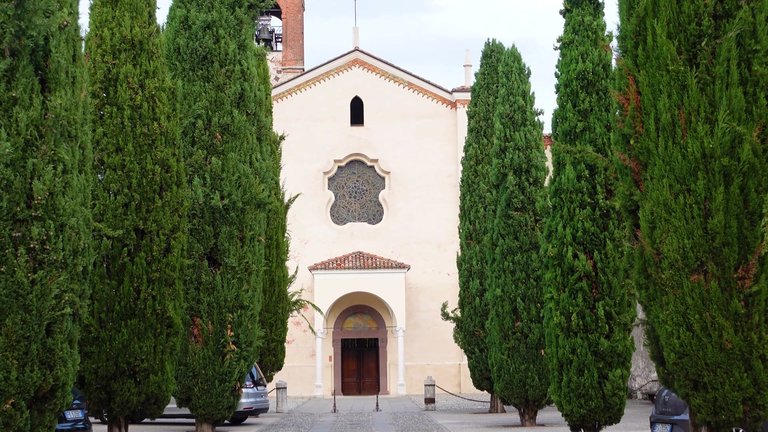
Choosing an aperitif wasn’t difficult. Of course, it had to be Franciacorta.
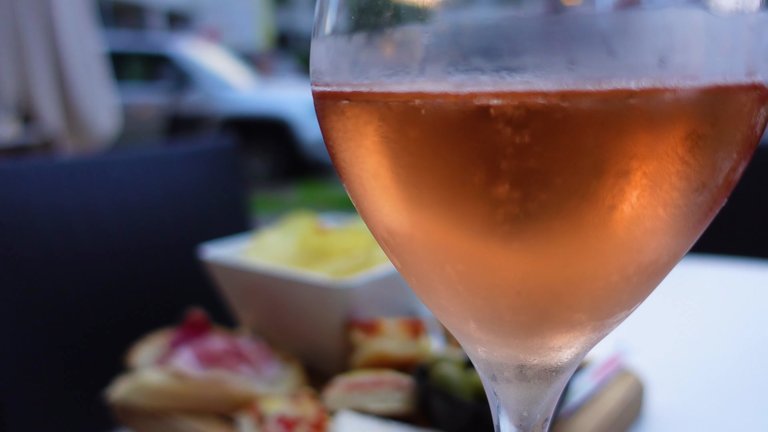
I didn’t have time to take a farewell photo in front of the vineyards, as I had to rush to catch my train. I experienced unforgettable moments amidst the picturesque hills of Franciacorta.
I’m planning many more adventures in the future, so see you in my next posts and farewell to everyone.
Thanks for sharing your adventures with us! You got some great shots in there.
Thank you so much! I really appreciate your motivation and support. People like you make every adventure more meaningful. 💛
You can check out this post and your own profile on the map. Be part of the Worldmappin Community and join our Discord Channel to get in touch with other travelers, ask questions or just be updated on our latest features.
Congratulations @annativa! You have completed the following achievement on the Hive blockchain And have been rewarded with New badge(s)
Your next target is to reach 2500 upvotes.
You can view your badges on your board and compare yourself to others in the Ranking
If you no longer want to receive notifications, reply to this comment with the word
STOPCheck out our last posts: